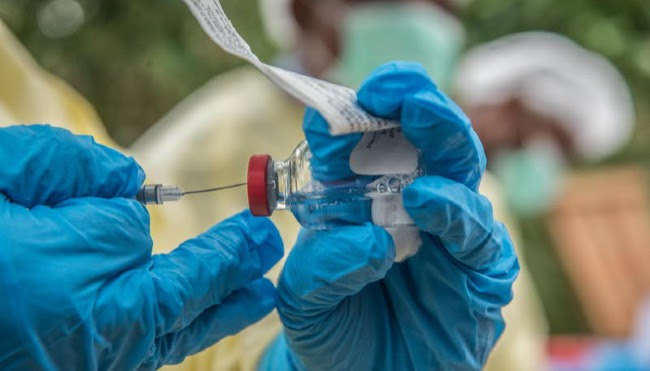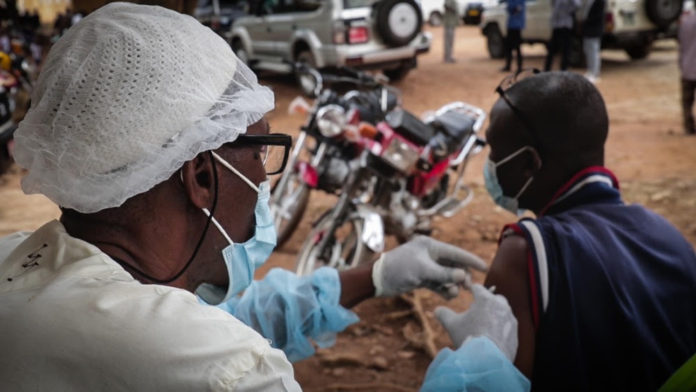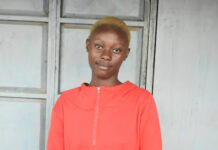By Winnie Kamau
Conakry, Guinea: The Ebola outbreak that emerged in Guinea on 14th February 2021 was declared over on 19th June barely 5 months later. This was the first time the disease resurfaced in the country since the deadly outbreak in West Africa that ended in 2016.
The Guinean health authorities declared the outbreak following three cases that were detected in Gouecke, a rural community in the southern N’zerekore prefecture of Guinea. This is the same region where the outbreak was announced in the 2014–2016 outbreak before spreading into neighbouring Liberia and Sierra Leone and beyond.
A total of 16 confirmed and seven probable cases were reported in the 2021 Guinea’s outbreak in which 11 patients survived and 12 lives lost. Shortly after the infections were detected, the national health authorities, with the support from World Health Organization (WHO) and partners, mounted a swift response. Tapping into the expertise gained in fighting recent outbreaks both in Guinea and in the Democratic Republic of the Congo.
“I commend the affected communities, the government and people of Guinea, health workers, partners and everyone else whose dedicated efforts made it possible to contain this Ebola outbreak,” said Dr Tedros Adhanom Ghebreyesus, WHO Director-General.
Adding “Based on the lessons learned from the 2014–16 outbreak and through rapid, coordinated response efforts, community engagement, effective public health measures and the equitable use of vaccines, Guinea managed to control the outbreak and prevent its spread beyond its borders. Our work in Guinea continues, including supporting survivors to access post-illness care” explained Dr. Tedros

The Minister of Health in Guinea, Honourable Dr. Rémy Lamah explained the measures they took to halt the virus and the challenges they met.
“In the previous outbreak it took us more than three months to set up an effective Ebola response coordination. In the just-ended outbreak the Ministry of Health and its partners responded much faster. The outbreak was declared on 14 February, just one day after a cluster of three cases were confirmed, in accordance with the recommendations of the International Health Regulations” said Dr. Rémy.
This allowed us to rapidly deploy multidisciplinary teams comprising Guinean experts with experience gained during the 2014-2016 outbreak to quickly set up the response measures and contain the virus.
“Vaccination of contacts, contacts of contacts, frontline health workers as well as using new drugs enabled us to break the chain of transmission in a much shorter time that before” said Dr. Rémy.
The existence of treatment centres throughout the country facilitated rapid treatment of suspected cases and patients confirmed with the virus. With better medical expertise such as improved care, resuscitation beds, laboratory integrated in the Ebola treatment centres and a trained workforce.
Dr. Rémy urged “We must deepen community involvement in outbreak response through devolved, primary health care systems to gain greater participation and commitment as well as strengthen dialogue with communities by being alert to the various social structures. It is also crucial to enhance community-based disease surveillance systems and involve key community actors and leaders” he said.
Another significant challenge was resource mobilization while tackling the COVID-19 pandemic.
Dr. Rémy noted that they will soon hold an after-action review of this response to determine what has worked well and what needs to be improved to enable us respond even more effectively to future outbreaks. However, field teams will continue to work for another 90 days after 19 June to support recovery and strengthen the surveillance of outbreak-potential diseases.
“We also need to mobilise more resources to strengthen our health system to meet the universal health coverage objectives through the national policy on community health care systems” noted Dr. Rémy.
Guinea is urging for more research for better sociocultural understanding that will enable them to quickly develop comprehensive response strategies that are less coercive to engage communities and taking sociocultural and anthropological factors into account in developing and implementing response measures.














